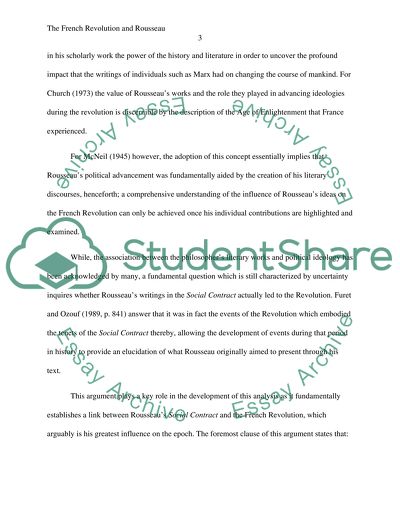Cite this document
(“The Influence of Rousseaus Ideas on the French Revolution Term Paper”, n.d.)
The Influence of Rousseaus Ideas on the French Revolution Term Paper. Retrieved from https://studentshare.org/politics/1484949-romanticism-and-revolution-essay
The Influence of Rousseaus Ideas on the French Revolution Term Paper. Retrieved from https://studentshare.org/politics/1484949-romanticism-and-revolution-essay
(The Influence of Rousseaus Ideas on the French Revolution Term Paper)
The Influence of Rousseaus Ideas on the French Revolution Term Paper. https://studentshare.org/politics/1484949-romanticism-and-revolution-essay.
The Influence of Rousseaus Ideas on the French Revolution Term Paper. https://studentshare.org/politics/1484949-romanticism-and-revolution-essay.
“The Influence of Rousseaus Ideas on the French Revolution Term Paper”, n.d. https://studentshare.org/politics/1484949-romanticism-and-revolution-essay.


